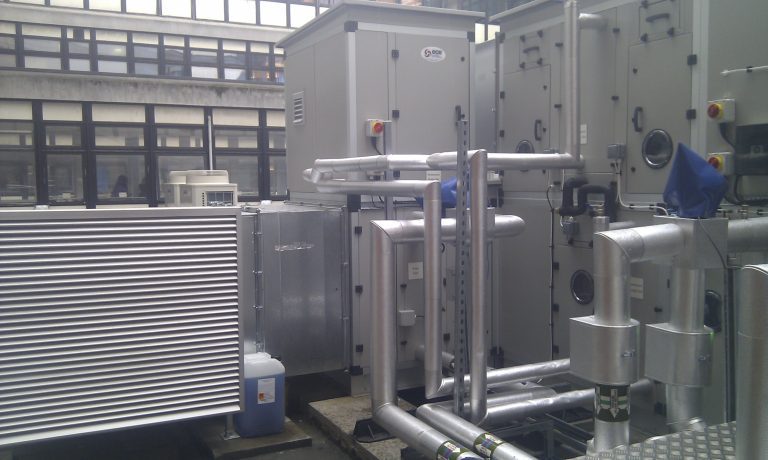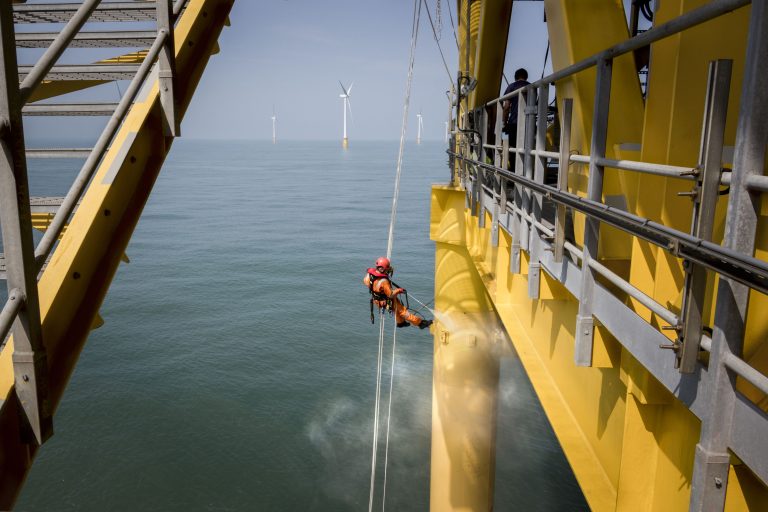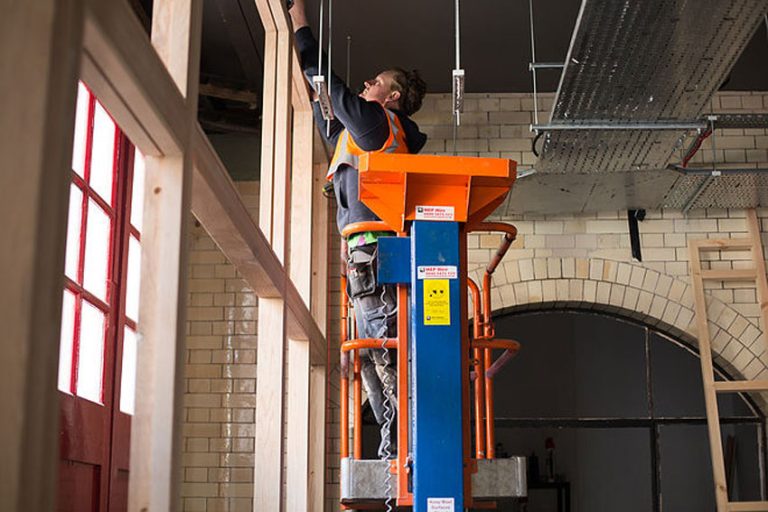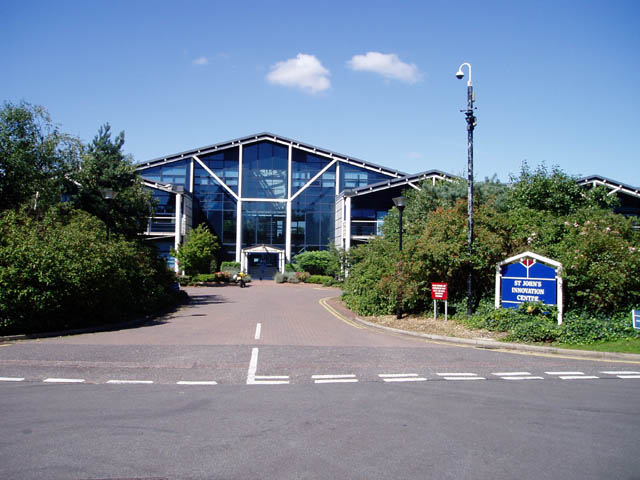Historically, environmental responsibility and corporate profitability are two concepts which one could argue to sit on the opposite side of the scales, with efforts to sharpen environmental operations lowering profits, and often, visa versa; a sad fact, one might argue. This, however, is no longer the case. Over the times, a multitude of industry developments have changed the landscape for environmental responsibility, both with respect to how environmental management standards can be met, but also in the importance of pursuing such measures. Key factors that have played a role in shaping the landscape have included the tightening of environmental regulation (and punishment for offences), a growing “responsibility first” culture within procurement, changes in the energy and utilities industries, and also the evolution of modern technology. Sustainable Procurement Firstly, an increased trend has been witnessed with regard to sustainable procurement. Whilst once upon a time, the primary focus of environmental practices would lie within only those works directly undertaken by an organisation, where a degree of direct control allows it more effectively, it is increasingly being seen that a lack of environmental and sustainable credentials can actually not see exclusion from projects and contracts. Not solely limited to governmental contracts, even those organisations operating privately are not increasingly setting themselves environmental targets, and then integrating those contractors operating below them to ensure set standards. This is to a degree now that it can become increasingly difficult for organisations without the credentials to back up their practice, that it may become almost impossible for securing works on larger projects, contracts and developments – a primary source of revenue and associated profits. But where and how is this managed? Whilst, from the outside looking in, it may seem like something impossible for the contractor to manage – after all, they can’t be looking over your shoulder all the time, right? Wrong. Moreso than ever, organisations are requiring for contractors and suppliers to take it upon themselves to report on environmental issues directly, then being held accountable for those reports. Including everything from environmental marks on products, through to base environmental qualifications and clear environmental management systems, all aspects of the process are seeing a great degree of scrutiny. The fact of the matter is simple, with environmental credentials and proceedings becoming increasingly essential on a day-to-day basis, there really is nowhere for companies to run or hide. To ensure that profitable opportunities remain open, environmental management is essential. As to whether these opportunities can be maximised on, however, is an entirely other story. Yet, the penalties for acting in a way that prioritises profitability above environmental concerns don’t solely come from other, private organisations. In fact, while being sidelined for certain envious jobs may indeed make revenue generation an increasingly difficult task, we are increasingly seeing governmental pressures emerge to ensure a level of environmental responsibility. Regulation & Standards As has been previously reported, larger organisations with considerable profit margins are no longer able to hide behind their finances in cases of corporate irresponsibility. This is certainly not to say that larger environmental proceedings; yet, for those who aren’t, the level of consequence is rapidly rising. When offending on an environmental basis, fines are a given; yet, when one has profits in the hundreds of millions, or even billions, to what effect does a small fine have? One could argue very little at all, and perhaps, historically this may have been true, yet no longer. Adapting with the times, offences are increasingly being handled oh-so-very differently, with finances now actually playing a role in the sentencing process. This is not to say that Party A may inherently be deserving of a fine larger than Party B due to profitability, but moreso the case that those organisations displaying a lack of drive to overcome environmental inconsiderations, and those perhaps offending on multiple occasion, may see their fines scaled in line with company finances – but why is this? Effectively, the measures in place exist to debunk the very concept that a larger organisation can act irresponsibly on smaller-scale initiatives, and show no lack of concern for the repercussions. Fines for those operating in such manners may no longer remain as the low penalties they may be perceived as to organisations of such size – the entire point being, in fact, that the value pushed may be one worthy of encouraging an organisation to change it sways. Though this isn’t to say that larger organisations often do act as such, with many of the industry’s largest actually displaying impeccable environmental credentials, yet, through a development in the accountability of larger organisations, and factoring in their own finances to justify any and all penalties, it is increasingly becoming an area of compulsory focus for those organisations wishing to maintain profitability. Taking a step back from the direct penalties of not acting with environmental responsibility, others can also be found in a more flexible format through the sourcing of energy. As organisations expand, it is almost of inherent nature that so too do the costs associated with their business, specifically including energy usage. As such, monitoring energy costs is of great importance – but firstly, lets look at the energy industry. Changes in the Energy Industry As has been widely reported already, the non-renewable energy markets are not only ones under a degree of scrutiny due to the relative impacts on the environment, yet also the present economic state is increasingly highlighting a degree of instability in the markets which can’t simply be overlooked. And although new sources of energy are indeed located at times, thus providing brief buoyancy to the market, the fact of the matter remains quite simple, reserves are dwindling. Increasingly, focus has been held on Germany, serving as a showcase of what can be achieved through effective plans for renewable power generation, with solar photovoltaics being seen as one of the primary ways forward in energy generation – but this, surprisingly, isn’t the point of this section. Taking a step back and,















